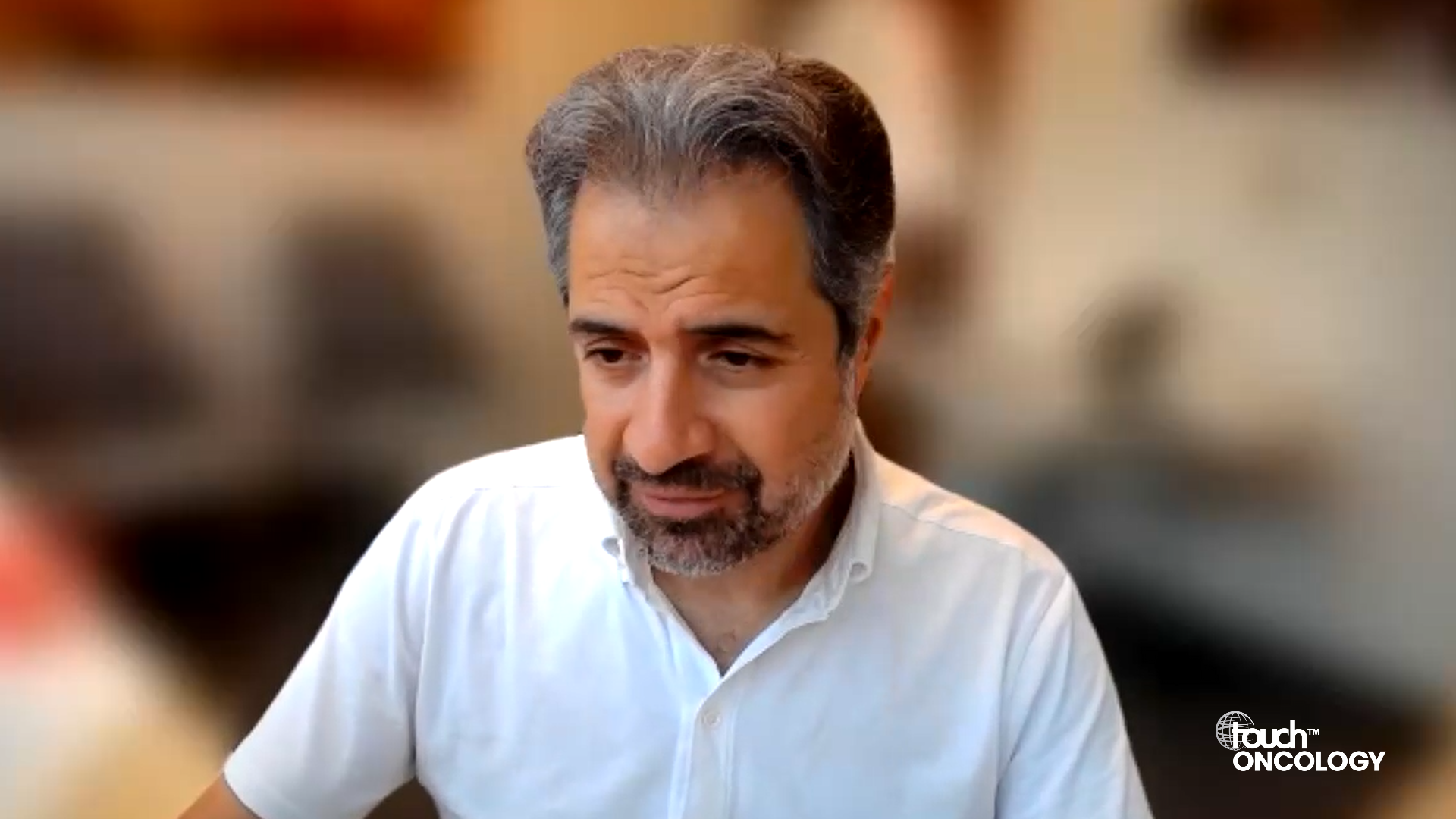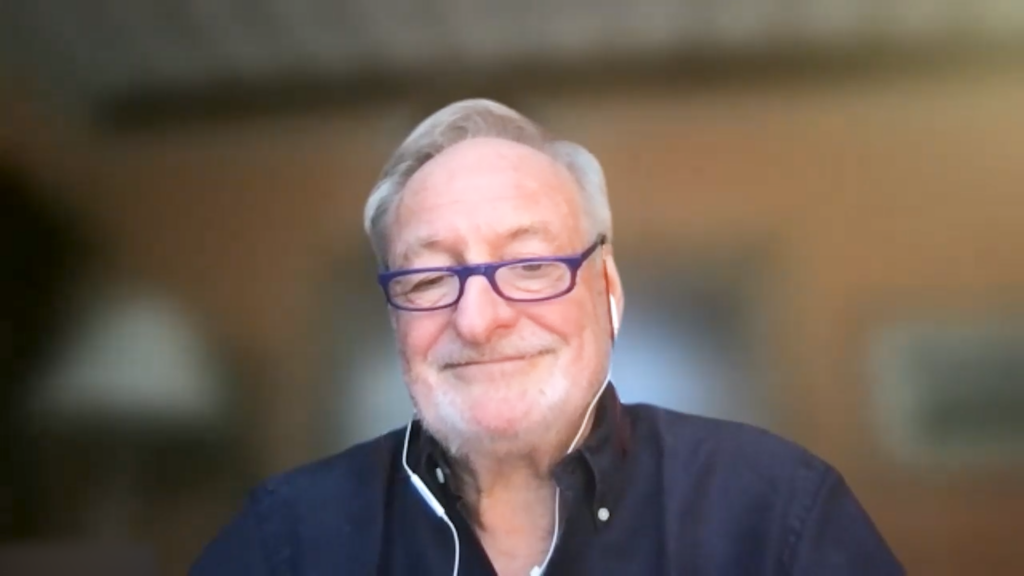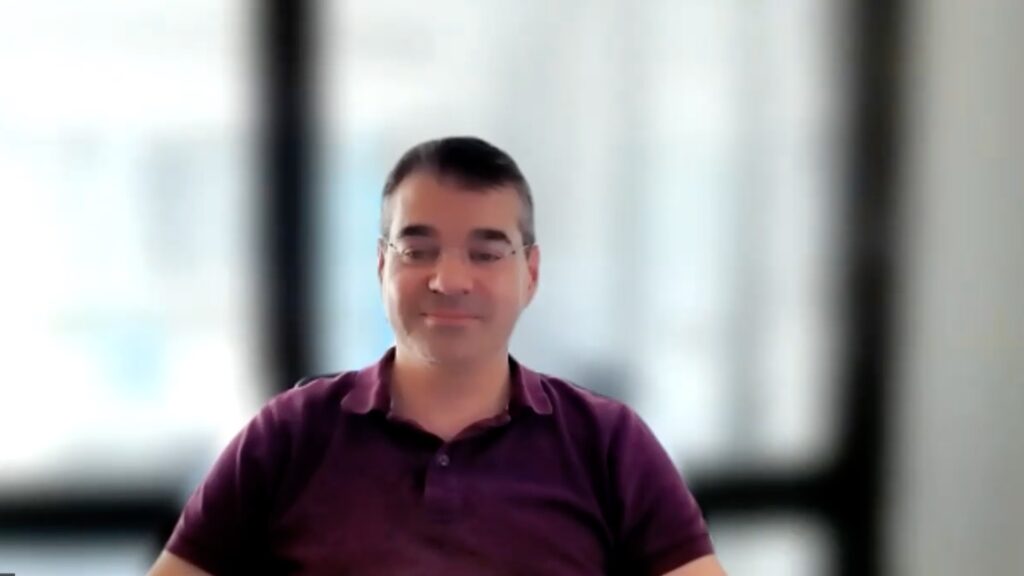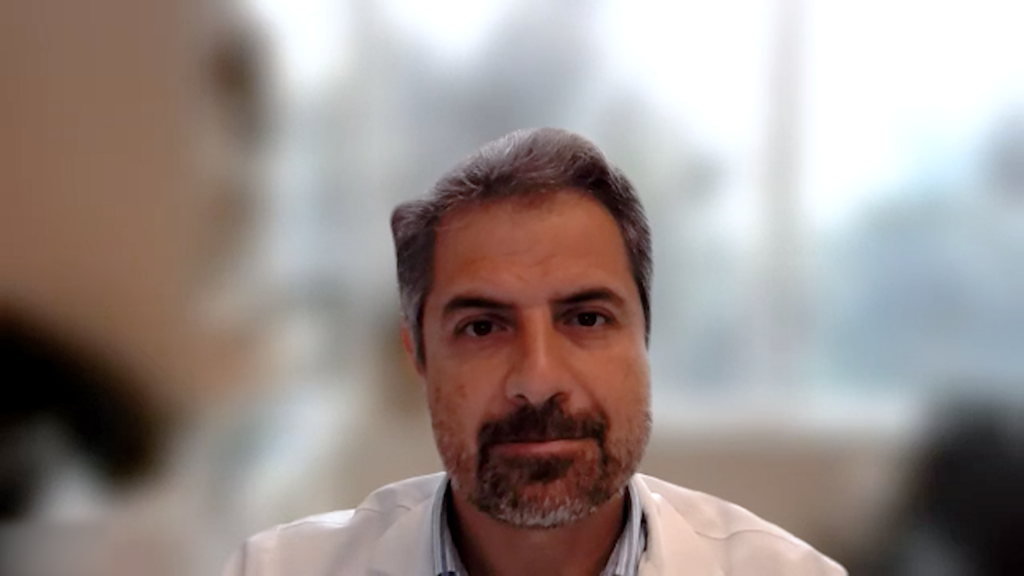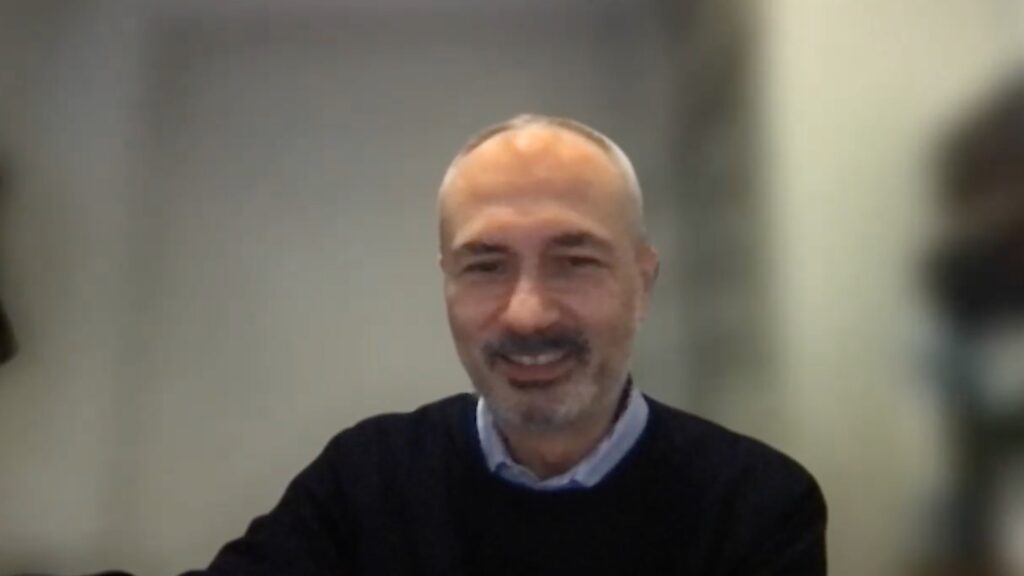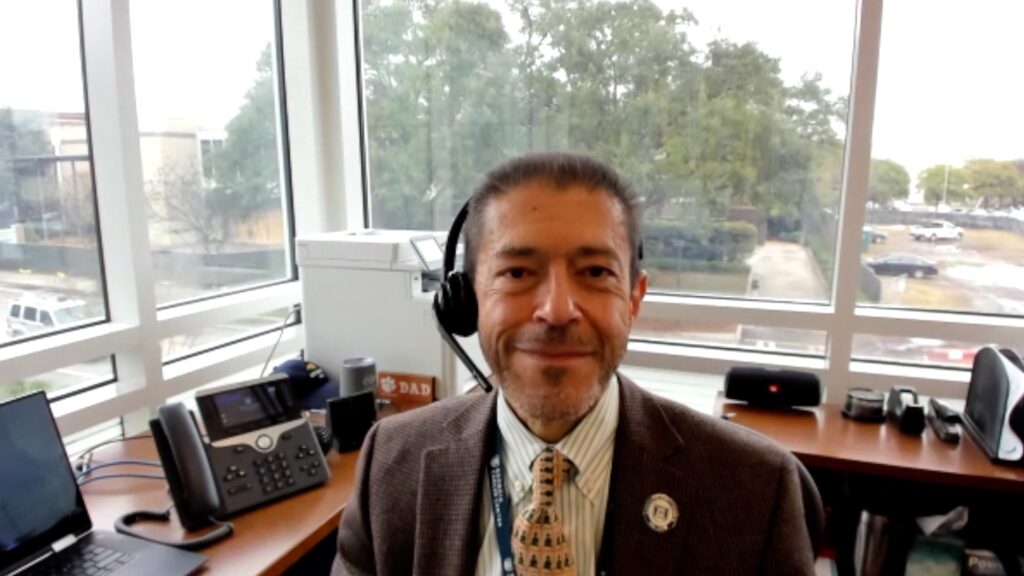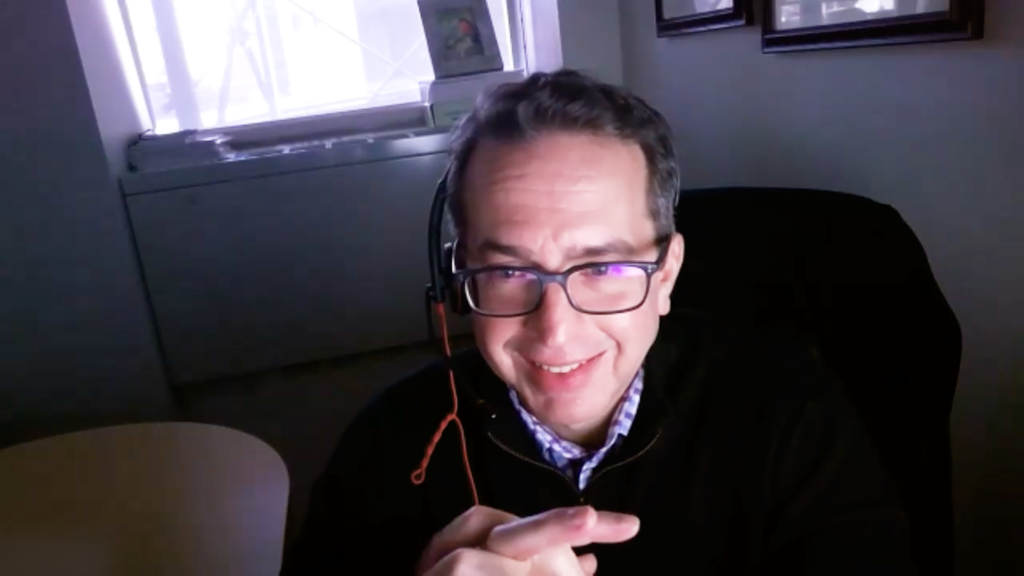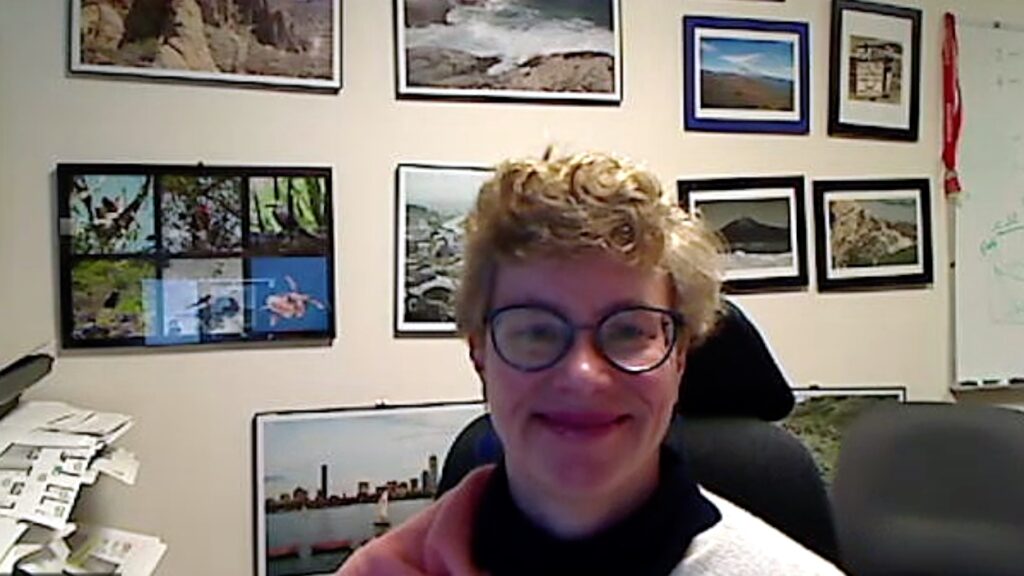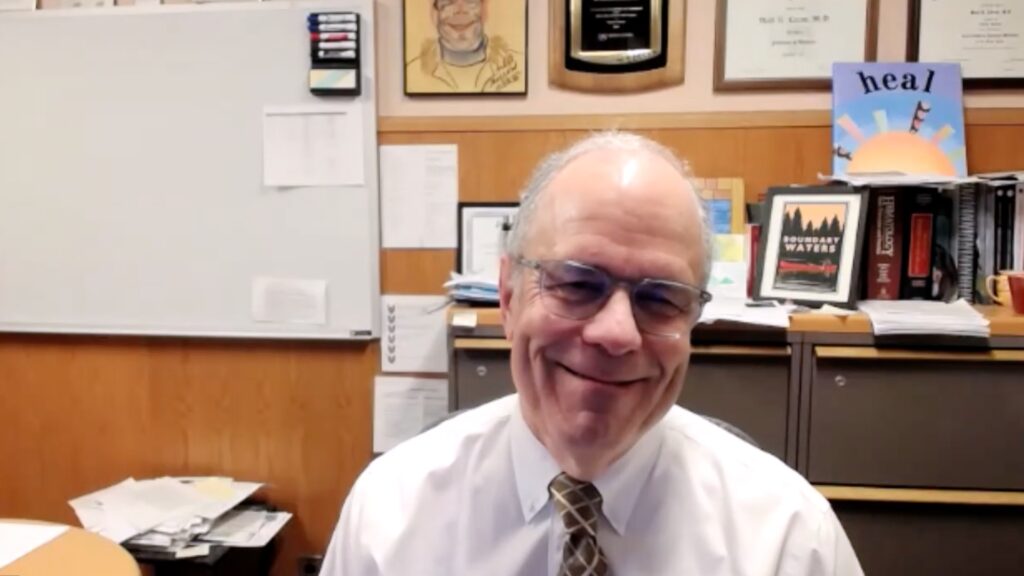Each year, the EHA Board presents the José Carreras Award to honour leaders in haematological research. touchONCOLOGY caught up with Prof Robin Foà (Sapienza University, Rome, Italy) to discuss his receipt of the José Carreras Award and the key take-home messages of his award presentation, which focused on Philadelphia-positive acute lymphoblastic leukaemia research.
The presentation entitled ‘José Carreras Award: Ph+ ALL, from the worst malignancy to a chemo/transplant-free management?’ (Presentation #p200-3) was presented at the EHA 2023 Congress, 8–11 and 14–15 June 2023.
Questions:
- What does the José Carreras Award mean to you and what have been the highlights of your career so far? (0:13)
- What are the key take-home messages from your award presentation? (2:55)
Disclosures: Robin Foà has nothing to disclose in relation to this video.
Support: Interview and filming supported by Touch Medical Media. Interview conducted by Atiya Henry.
Filmed as a highlight of EHA 2023.
Transcript
I’m Robin Foà. I am Emeritus Professor at the Sapienza University in Rome, Italy.
What does the José Carreras Award mean to you and what have been the highlights of your career so far? (0:13)
Okay. So there’s, you know, the José Carreras Award. I mean, I shouldn’t say, but, anyhow, it’s the most prestigious award that is given by the EHA, the European Haematology Association, and the most prestigious prize in Europe. And this started in 1999, in fact, throughout the year that I organized the 4th EHA Congress together with Professor Montserrat in Barcelona, it was the first year this was awarded. And what can I say? I mean, it was a privilege to receive it. I’d given the award when I was president of the EHA to two colleagues. This time I was on the other side, and I received it. What it means, I mean, it means a lot. It’s a very prestigious award. I’m very happy I got it. EHA gives three awards, so I received two, like the first one I got for education and mentorship, and now I got the José Carreras Award. So it means a lot, and in fact, in my presentation, which I devoted to Philadelphia-positive ALL, but I did it a different way, as I would do it in a congress, add a bit of history of my life, saying how I was involved in the immunology and immunotherapy from the early days. And in fact, I said that I had started to gain interest not only in the leukaemia itself, but in accessory cells. Back in the years when I worked in London, I was very young and I went to London the last years of the 70s, so that’s a long time ago. And I put together those slides of papers that I produced over all these years when immunology and immunotherapy were key part of it, starting from 1979 on the paper on the immune system in CLL, chronic lymphocytic leukaemia, then I went to cytokines across topics in neoplastic cells and non-neoplastic cells, the partial role that some cytokines play in the growth of the leukaemic clone, and I went even to discuss the role that interleukin-2 could have in the management of an acute leukaemia, in that case in acute myeloid leukaemia, the change in youth, I showed there were defects in the lymphokine-activated killer activity in some acute leukaemias and chronic leukaemias, I recall that we worked a lot on cytokine gene transfer. And in fact, this was the work that my wife did starting when we spent time in Memorial in New York, so cytokine gene transfer to activate the host immune system. And then now, so I went through all this, and then I discussed I will come back to it, how things have changed with immunotherapy even in the philadelphia-positive ALL.
What are the key take-home messages from your award presentation? (2:55)
So, yeah, the lecture I gave, as I mentioned, I went through all this, and then I specifically spoke about philadelphia-positive ALL because I think it’s a beautiful story. The philadelphia chromosome was discovered that the first cytogenetic abnormality in a human cancer in 1960, and the human cancer was leukaemia, was chronic myeloid leukaemia. So from 1960 onward, really we discovered the BCR-ABL so and that the tyrosine kinase inhibitors could inhibit this, and how TKIs have changed the nature of history of chronic myeloid leukaemia, which is now a disease where you can live with, and patients in fact live more or less as a normal population, compared to a short mean expectancy in the pre-TKI era. And then as I said earlier, how TKIs have affected the management of Philadelphia-positive ALL, and then how immunotherapy has impacted it, so I discussed this in detail, and the last study that we published, this was in fact, the first study was published in October 2020 in the New England Journal of Medicine, is by adding the bispecific monoclonal antibody blinatumomab as consolidation of induction with dasatinib and steroids, frontline treatment for all adult Ph+ ALL patients again a complete study group in Italy run by the GIMEMA, 18 years up with no upper age limit, that they have published in England, we’ve updated them, and now we just sent out, but I don’t know the fate yet of the paper, but I gave some data at the award lecture in Frankfurt at the four plus year follow-up with the data looking extremely positive with survival rates at the range of 75-80%, so extremely positive. And the bottom line of all this what take-home message is that you can control what was the most lethal haematological malignancy with a targeted treatment, a TKI, plus immunotherapy, no systemic chemotherapy and no transplant. And in fact, I said in fact for that 50% of these patients up to four years of follow-up have never been treated with chemotherapy and transplant, and they’re doing very well. Transfer seems to have a role, but it seems have a role in patients who remain MRD-positive, have minimal residual disease. If MRD-negative, they do very well without transplant and chemotherapy, without chemotherapy. So that was a final message. I think it’s a real revolution in a manner of what was the most fatal condition. And I’ll recall once again, this applies to all patients, not only to the young ones, but this can be done in the 60 or 70, 80, even 90-year-old. So this is what I concluded with at the lecture in Frankfurt, thanking a lot of people starting from who was my mentor in London, in the late 70s, Daniel Catovsky, unfortunately passed away six months ago, so he would have been very proud of seeing me up on the stage.
Subtitles and transcript are autogenerated


